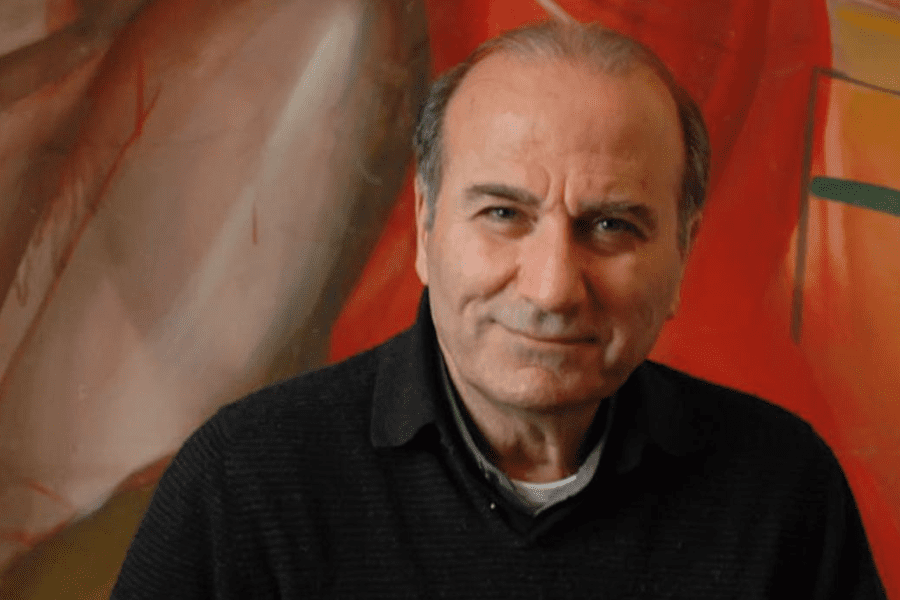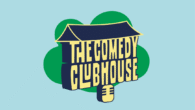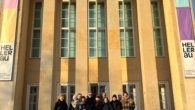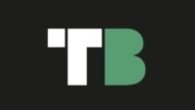
Theodoros Terzopoulos: “Theater exists and endures thanks to unanswered questions”

Can the theater listen to the call for help that modern times are sending to a world inhabited by impoverished citizens and closed in the cells of virtual reality, entrenched in their suffocating privacy? Can it do this in a robotic stock universe within a totalitarian control and repression system that covers the entire life?
Is theater really concerned with ecological destruction, global warming, massive biodiversity loss, ocean pollution, thawing, increased wildfires and extreme climate phenomena? Can the theater be an active part of the ecosystem? For many years he has been a spectator more of the impact that humans have had on our environment, and has had difficulty addressing this problem.
Does the theater concern the way the human condition is being shaped and manipulated in the 21st century by political and economic interests, by the big media and by the companies that make up public opinion? Do you worry about the role of social media, which facilitate manipulation and become an almost insurmountable obstacle to communication with the other?
A widespread feeling of fear towards the other, the different, the strange dominates our thoughts and our actions.
Can the theater function as a workspace for the coexistence of differences, without having to deny or ignore the open wound?
The open wound invites us to rebuild the myth. Words of Heiner Müller: “The myth is an aggregate, a machine that can always be connected new and different machines. It transports energy until the growing speed exploits the cultural terrain.” And I would add: the terrain of the barbarism.
Can the theater illuminate social traumas and stop illuminating constantly?
These are certain questions that Dionysus addresses to the theater when he goes through his birthplace – the stage of the theater building – and, as a refugee, continues his silent journey through the warlike landscapes of the present: World Theater Day.
These are questions that do not allow definitive answers, because the theater exists and endures thanks to the unanswered questions.
We look into the eyes of Dionysus, the ecstatic god of the theater and the myth, who unites the past, the present and the future; the son of two births, Zeus and Semele; the expression of fluid identities, female and male, anger and friendly, divine and animal, on the border between folly and reason, order and chaos; An acrobat on the border between life and death. Dionysus asked the fundamental, ontological question: “What is it?” A question that leads the creator to an increasingly deep research in the root of myth and in the many dimensions of human riddle.
We need new narrative forms whose purpose is to cultivate memory and shape a new moral and political responsibility that emerges from the current multiform dictatorship of this new Middle Ages that we live today.
Theodoros Terzopoulos









